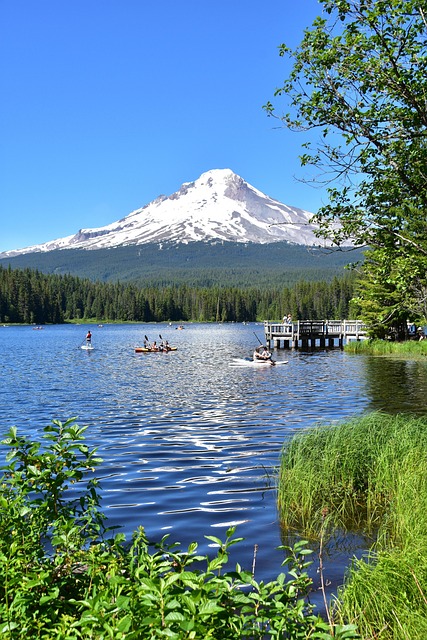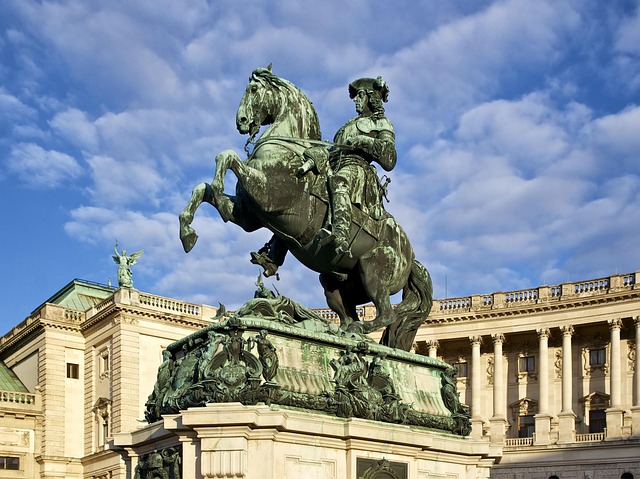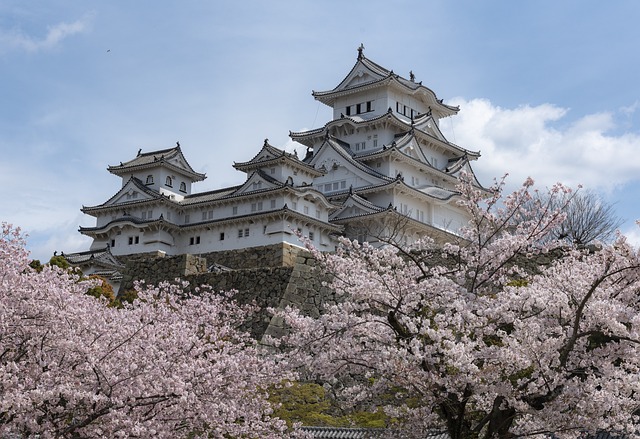Eugene, Oregon's founding story begins in the mid-19th century with pioneers like John L. Johnson, who recognized its potential as a trading and agricultural hub. Despite challenges, early settlers transformed the area into a thriving community, officially incorporating the city in 1846, named after Samuel Eugene. This history showcases the resilience of its residents and the diverse industries that have shaped the city since, from agriculture to technology, making Eugene an attractive destination with a unique blend of tradition and progress.
“Discover the captivating journey of Eugene City, from its humble beginnings to a thriving urban center. This article explores the fascinating story behind the city’s founding, delving into the early settlement patterns and the influential figures who shaped its name and identity. We trace the path from a small community to a vibrant metropolis, highlighting key historical events that define Eugene today. Uncover the rich heritage and modern significance of this dynamic Oregon city.”
- Early Settlement and Exploration: Who Were the First Settlers?
- Incorporation and Naming: The Birth of Eugene City
- Growth and Development: From Small Town to Vibrant Metropolis
- Key Historical Events Shaping Eugene's Identity
- Modern Significance: Eugene Today and its Rich Heritage
Early Settlement and Exploration: Who Were the First Settlers?
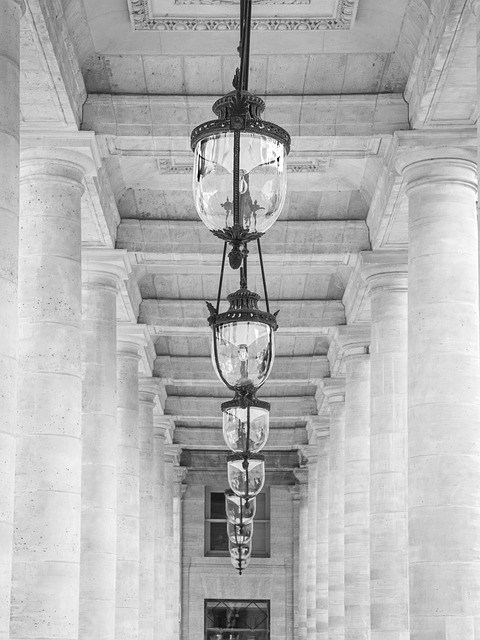
The story of Eugene’s founding begins with exploration and settlement, dating back to the mid-19th century. The first settlers were drawn to this area by its fertile land and abundant natural resources. The region was part of a vast, uncharted territory that promised opportunity and new beginnings. Among them, a group of pioneers led by John L. Johnson played a pivotal role in establishing what would become Eugene City. They recognized the potential of this location, nestled between the Willamette River and the Cascade Mountains, as a trading and agricultural hub.
These early settlers faced challenges, including rugged terrain, harsh winters, and limited access to markets. However, their determination and collective spirit led them to persevere. They cleared land for farming, established trade routes, and built the foundation of what would eventually become a thriving community. The founding of Eugene, in many ways, reflects the pioneering spirit and resilience of these individuals who dared to venture into uncharted territory, shaping a new future with their own hands.
Incorporation and Naming: The Birth of Eugene City

Eugene City’s inception began with a vision and a vote. The area, initially inhabited by Native American tribes, was later attracted to by settlers who recognized its potential. In 1846, a group of pioneering individuals officially incorporated the city, naming it after Samuel Eugene, a prominent local figure. This marked a pivotal moment in the region’s transformation from untamed wilderness to a thriving urban center. The name choice honored Eugene’s significant contributions to the community’s development.
The incorporation process was a collaborative effort, driven by the desire for self-governance and a sense of community. As settlers established themselves, they sought to create a structured society with a focus on progress and prosperity. This initiative laid the groundwork for what would become a vibrant hub, characterized by its diverse population and rich history—a true testament to the pioneering spirit that defined the Eugene founding history.
Growth and Development: From Small Town to Vibrant Metropolis
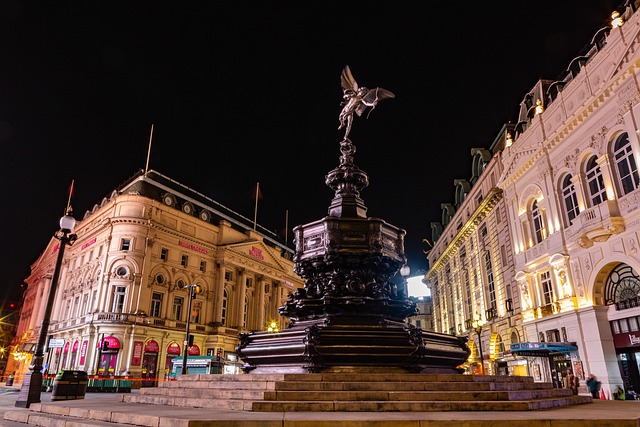
Eugene, nestled in the heart of Oregon’s Willamette Valley, began its journey as a small settlement during its founding in the mid-19th century. The city’s early growth was fueled by the lush agricultural lands and the nearby Willamette River, attracting pioneers seeking fertile ground for farming. Over time, this quaint town evolved into a vibrant metropolis, a testament to the hard work and resilience of its residents.
The transformation from a humble rural community to a bustling urban center is a remarkable aspect of Eugene’s founding history. As the 20th century approached, the city experienced rapid development with the establishment of various industries, including timber, agriculture, and eventually, technology. This diverse economic base contributed to Eugene’s allure, drawing in folks from all walks of life, each leaving their mark on the city’s unique tapestry.
Key Historical Events Shaping Eugene's Identity

The founding of Eugene, Oregon, is deeply rooted in the mid-19th century when pioneers and settlers started to venture into the region. In 1846, a group of explorers led by Peter Skene Ogden became the first recorded non-native Americans to enter the Willamette Valley, setting the stage for future settlement. This expedition opened the door for more migrants, many of whom were attracted by the fertile lands and abundant natural resources.
One pivotal moment in Eugene’s identity was the establishment of a permanent settlement in 1848. The city’s name was derived from a Native American word, “Yenee” or “Yenih,” which translates to “where the water meets the land.” This early community was initially a stopover point for traders and travelers, but it soon developed into a vital hub due to its strategic location along the Willamette River. The city’s founding history is marked by a blend of cultural influences, economic opportunities, and the indomitable spirit of those who dared to forge a new life in the American West.
Modern Significance: Eugene Today and its Rich Heritage

Eugene, nestled in the heart of Oregon’s Willamette Valley, boasts a rich history that dates back to its founding in 1852. The city’s early days were shaped by pioneering settlers seeking fertile lands and opportunities. These founders laid the groundwork for what would become a thriving hub of culture, education, and innovation. Today, Eugene retains its small-town charm while thriving as a vibrant community.
The city’s modern significance stems from its strong connection to its founding history. The spirit of innovation and community engagement that characterized the early settlers still resonates in Eugene’s diverse landscape. From its renowned University of Oregon, which has been a cornerstone since 1873, to its bustling downtown scene filled with independent businesses, Eugene embodies a harmonious blend of tradition and progress. This unique tapestry is a testament to the city’s ability to preserve its heritage while continuously evolving, making it an attractive destination for folks seeking a high quality of life in a culturally rich environment.







